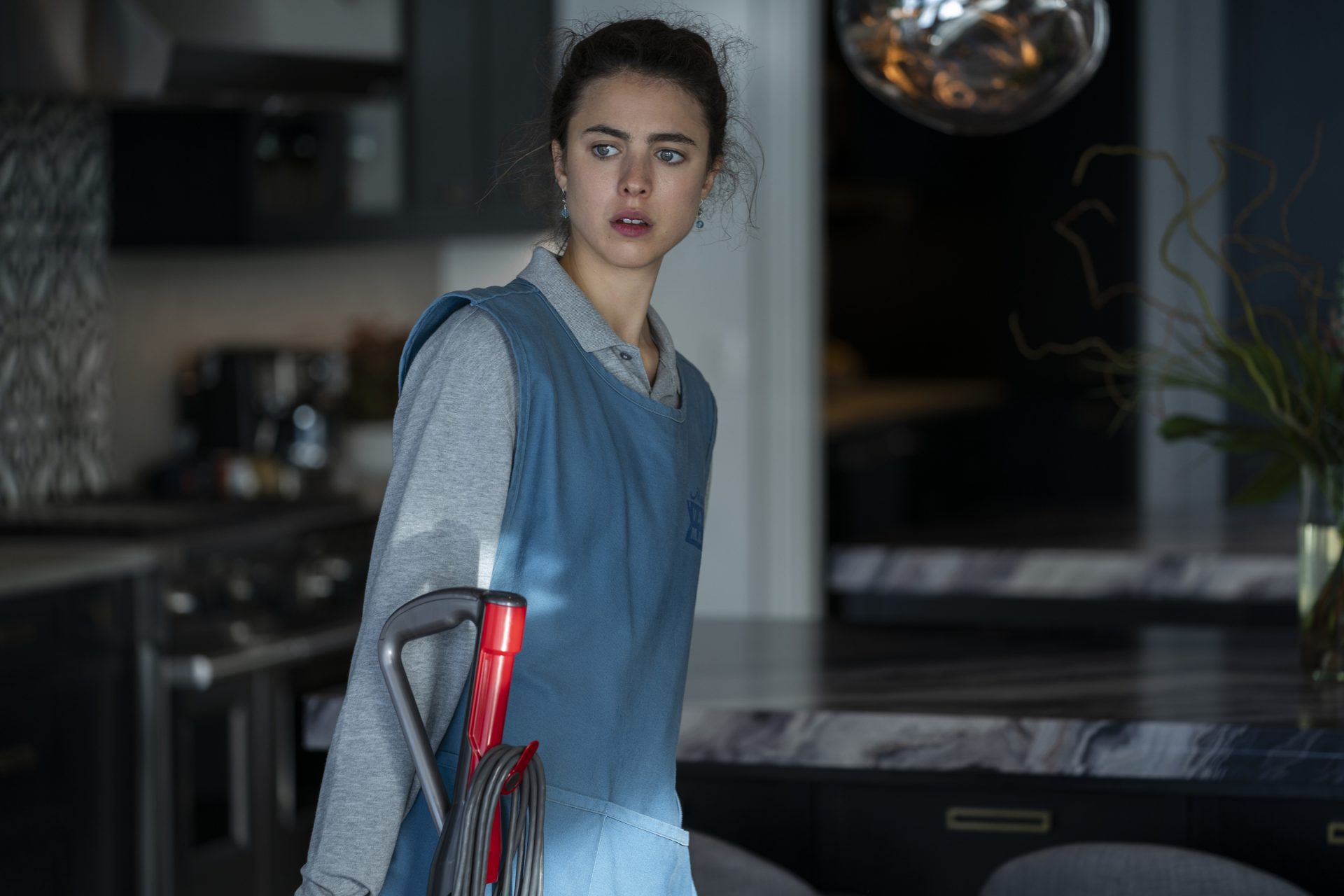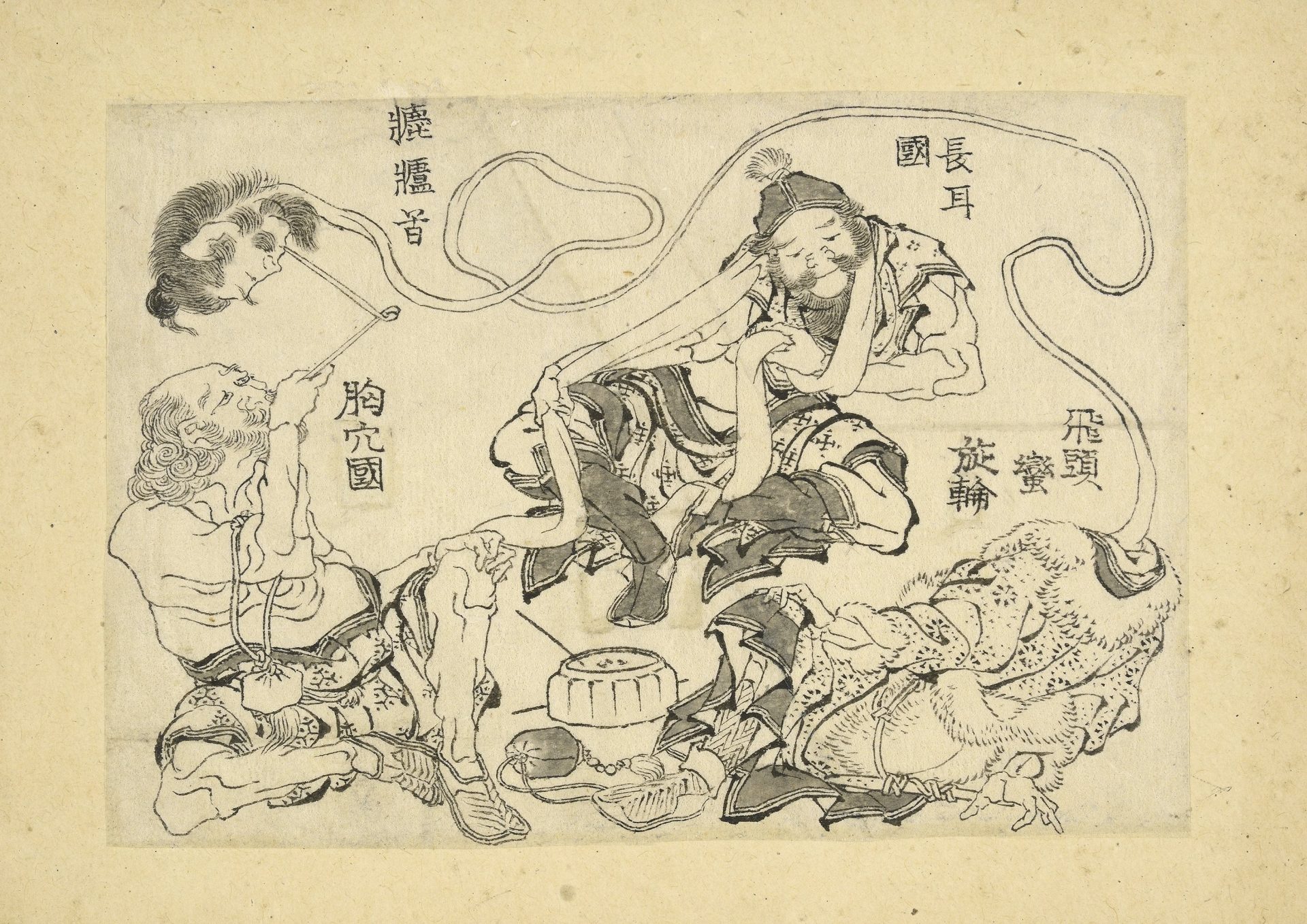As a first point of duty in my role as reviewer, advocate, and excessive consumer of television, I must warn outright that Maid is not an enjoyable show.
There is no reason why it would be a happy show, being a ten-part series about a woman’s attempt to escape domestic violence – but there are series and films which undercut the misery of their subject matter with dazzling ingenuity. I recall, for instance, making the strange decision to make my boyfriend watch the Polish Krzysztof Kieslowski series Dekalog with me while we were both on the precipice of hangover-related death one Sunday.
Dekalog is another ten-hour-long venture, with each episode relating to one of the ten commandments, and each one glancing on a different unspeakably dark corner of the human heart, all through the aesthetic of that uniquely sparse Eastern European 1980s glare. But the misery surfaces in such an unexpected manner that there is no time to cry – you’re too busy marvelling at the unforeseen sleights of hand that Kieslowski employs to render the stories so full, rich, and strange.
So then, Maid is no Dekalog, does not shoulder the burden of its subject matter with the same innovation and artistry, but given that Dekalog was admired by Stanley Kubrick and has been described as “the best dramatic work ever done specifically for television” perhaps this is an unfair comparison.
Maid is based on a memoir by Stephanie Land named Maid: Hard Work, Low Pay, and a Mother’s Will To Survive and stars a luminous and sensitive Margaret Qualley as Land’s cypher, Alex. She is a young mother who has just left an emotionally abusive relationship with Sean, the father of her two-year-old daughter.
Over the next ten hours, we watch as Alex struggles ceaselessly with bureaucratic red tape, abject poverty and uncaring employers. She tries to imagine a life for herself and her daughter which is more realised and more beautiful than the one her financial status and controlling partner would have her believe is possible.
Dragging Maid down from great to merely decent is a vaguely Eat Pray Love type of corniness, a specifically American sort of redemption story in which redemption can’t simply take place but must be couched in flowery inspirational metaphors rendered now vapid by their interchangeable over-use; flowers and forests and sunsets and dirt and rebirth and true grit and all that.
This is a personal taste thing, a tonal register I am icked out by, but what it surrounds is solid and thoughtful and valuable, a very rare authentic rendition of poverty. By this I mean it neither skims over reality by having supposedly poor people living in adorable little bungalows, nor indulges in voyeuristic, extreme depictions of filthy infants crawling through a sea of needles. Rather, it conveys how extremely wearying poverty is, how it is not merely the absence of luxuries, nor even the absence of necessities, but also a full-time job to negotiate on top of one’s actual work.
Every ounce of Alex’s energy, which she should be devoting to establishing a life without Sean, is instead diverted to calculating and bargaining. The systems to aid women in emergency situations like hers all involve lengthy paperwork processes and are highly contingent on fluctuating details – her address, her employer’s signature, her ability to be present during her precious few work hours.
The relentlessness of these issues does not, frankly, make for ten hours of extremely stimulating television, but it is effective – we feel with Alex how frustratingly, pointlessly difficult it is to get afloat, let alone stay there. She can’t grasp onto anything long enough to use all that fire and will inside her to get a new life going. At a certain point, this does begin to get repetitive for a viewer.
So many happenstance misfortunes befall her that at times I began to get confused about where in her journey she was; was this the first car wreck or the second? Had she lost her job for being late again or had she only failed to find a new one yet? Was the black mould in the shelter or in the trailer? Is her mother in a manic episode, or is she just being swindled by a conman today?
I’m not saying it’s impossible or even all that unlikely for one person to attract so many divergent problems. Indeed, part of the point being made is that for a person without resources, one minor issue which the more privileged of us could pay to fix instantly can derail an entire life. Nonetheless, the choice to painstakingly portray this minutiae sometimes pays off and sometimes doesn’t, leaving me fast-forwarding three-minute sequences of mundanity overlaid with meaningful music. What Maid really nails, though, is the subtlety of the abuse it portrays.
Alex is a victim of emotional rather than physical abuse (although Sean does also break and throw objects when in drunken rages). His form of domination involved whittling away at her autonomy until she was unable to believe she could survive without him, no matter how grim his alcoholism became, no matter how empty her day to day life outside of mothering. And because the abuse was insidious rather than constant and extreme, we are able to understand how she struggles to maintain her determination to leave.
This is very cleverly portrayed by allowing room over five or six episodes for Sean to have a rehabilitation of sorts, and behave in a genuinely helpful and kind way toward Alex as she deals with a family crisis.
We are swayed too, so that it doesn’t seem insane when she gradually returns to him. Like us, she only sees too late, once she has been re-embedded in the dreary misery of her old, controlled life, how wrong it was to trust him.
This real-time dissection of the lure of an abusive partner is genuinely chilling and illuminating, and for all its faults, makes this one of the more worthwhile Netflix originals of late.




